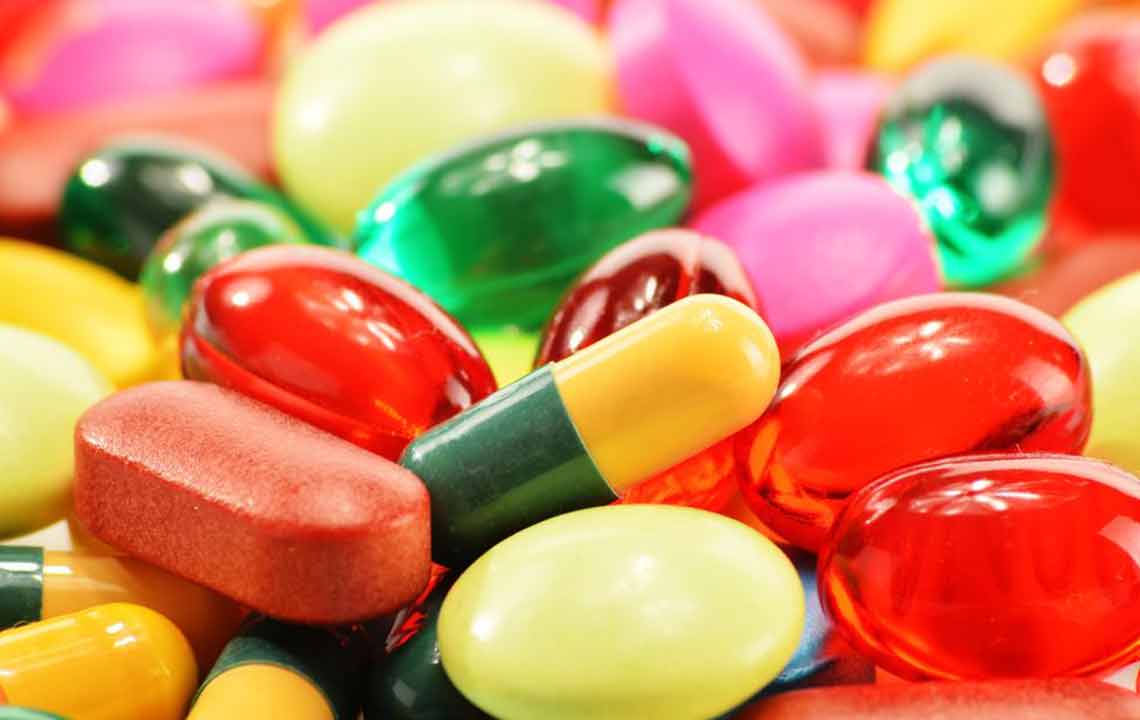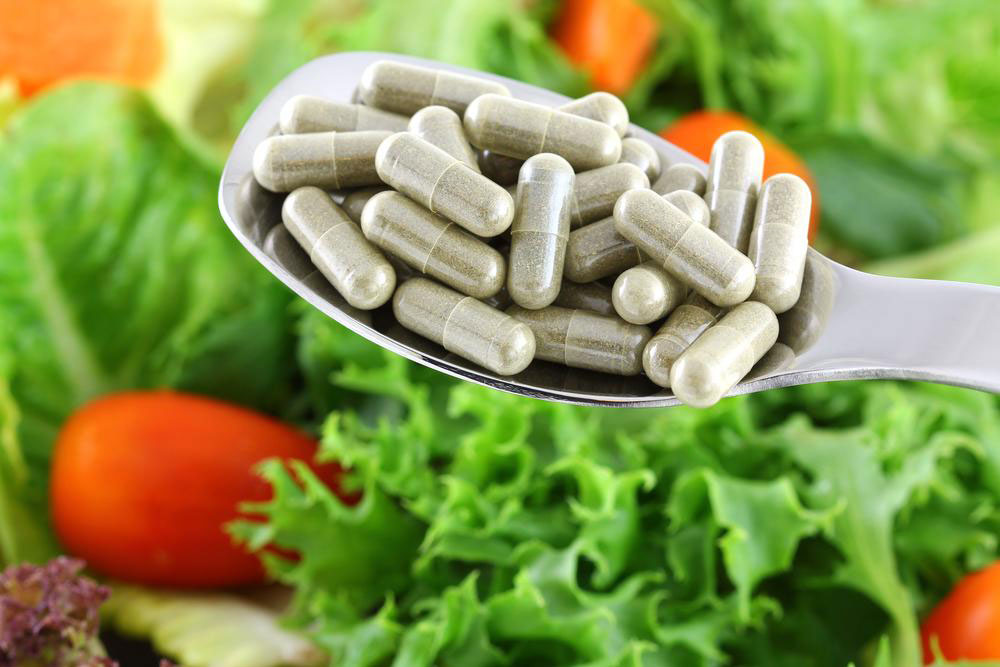Understanding the Importance of Natural Digestive Enzymes and Supplements
Discover the vital role of natural digestive enzymes and learn how incorporating enzyme-rich foods from your kitchen can improve digestion. This guide covers causes of enzyme deficiency, symptoms indicating the need for supplements, and natural food sources to enhance gut health. Safe market options and lifestyle tips are also discussed to promote overall digestive well-being without reliance on synthetic products.

Why Are Digestive Enzymes Essential for Your Health?
If you've seen numerous TV ads promoting digestive enzymes or heard colleagues discuss them and wondered what all the buzz is about, you've come to the right place.
This article demystifies digestive enzymes and highlights natural options you can include in your diet. While many turn to chemical-based supplements, you can stay ahead by choosing all-natural remedies derived from everyday foods.
What Are Digestive Enzymes?
If you believe they are the food your intestines absorb, you're mistaken. Digestive enzymes are crucial proteins that help your body break down food into absorbable nutrients. These enzymes, produced mainly in your pancreas and small intestine, facilitate the breakdown of proteins into amino acids, carbs into simple sugars, and fats into fatty acids and cholesterol. They also help extract vitamins and minerals from food. When enzyme production is low, nutrient absorption suffers, regardless of healthy eating habits.
Factors That Can Cause Enzyme Deficiency
Many factors—including aging, certain medications, or health conditions—may impair enzyme production. Common causes include:
Pancreatic Disorders: Conditions such as pancreatitis, cystic fibrosis, or pancreatic cancer impair enzyme output.
Reduced Stomach Acid: Insufficient stomach acid can lead to decreased enzyme activity, affecting digestion.
Inflammation and Infections: Food allergies, parasitic infections, or increased intestinal permeability may diminish enzyme levels.
Chronic Stress: Persistent stress affects the nervous system, which in turn impacts enzyme production and digestion.
When Is It Time to Use Digestive Enzyme Supplements?
Don't start supplements based on peer influence. Recognize symptoms indicating poor nutrient absorption, such as:
Undigested food in stool
Gas, bloating, or discomfort after eating
Early fullness during meals
Sensation of food lingering in the stomach
Presence of undigested fats in stool
Natural Food Sources of Digestive Enzymes
Rather than chemical supplements, incorporate these enzyme-rich foods into your diet for improved digestion:
Papaya: Contains papain, which breaks down proteins efficiently.
Mango: Rich in amylase, aiding starch digestion.
Pineapple: Contains bromelain, which helps digest proteins and reduces inflammation.
Honey: Includes enzymes like amylase and proteases that assist in carbohydrate and protein breakdown.
Additionally, several natural enzyme supplements are available in the market, such as Himalaya Live Care, Future Biotic Enzyme, and Organic India Trikatu, which are derived from natural ingredients and are safe for consumption.
Enhancing Digestion with Lifestyle Habits
Alongside natural foods or supplements, engaging in moderate physical activity helps maintain digestive health.










